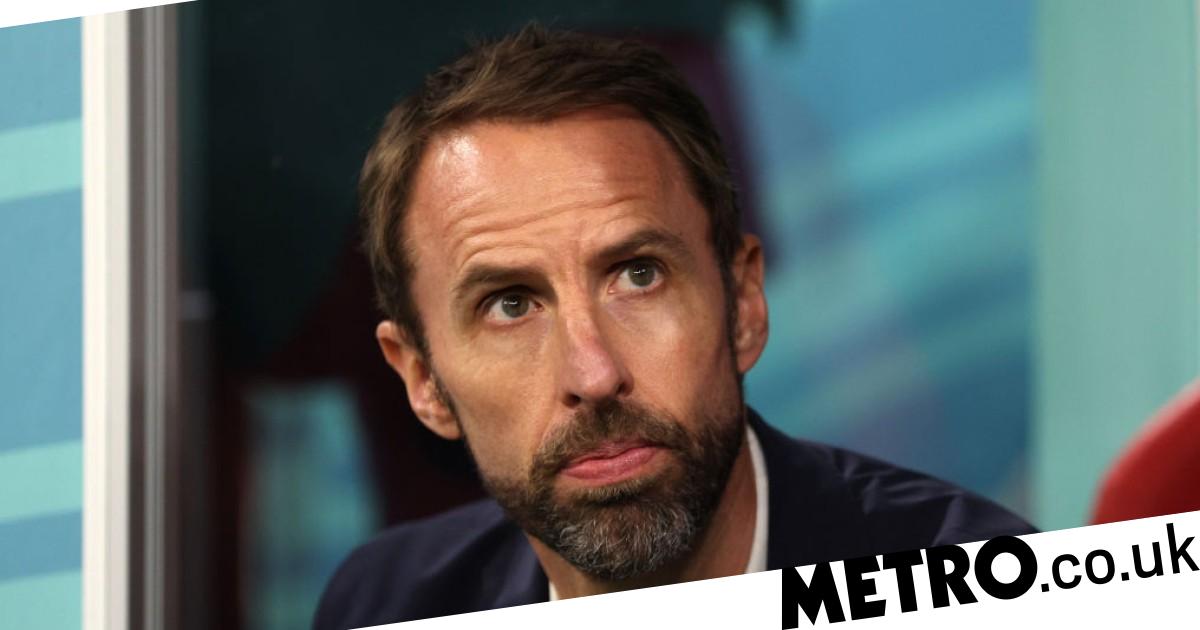In the aftermath of seismic, anguished occasions like Saturday night there must be time for reflection, but is it time for change?
Watching England fall short at a major tournament to a team no more skilled but perhaps more streetwise, hardened and ready to seize the moment for the third time in five years, it would be remiss not to ask if Gareth Southgate’s admirable, hugely successful period in charge of England has run its course?
Jude Bellingham may be just 19, Bukayo Saka only recently turned 21 and Phil Foden 22, but it is hard to define England as a team building towards something when the manager has been in charge for six years and half the starting XI are appearing in the latter stages of a tournament for the third time. These opportunities don’t come around very often – at some point you have to be ready to take them, rather than use a defeat to prepare you for the next shot at glory.
Southgate has graduated far beyond ‘decent man’ territory. He is clearly, by any measurement, a more than decent international manager. But you have to ask, is that enough? What is lacking that means his players fail to steel their resolve and grasp the mettle in the big moments?
Losing to Croatia in the 2018 World Cup semi-final looked excusable for a green team punching beyond their expectation, losing at home in the Euro 2020 final to an Italy side who didn’t even qualify for this World Cup less so. Having your latest tournament dream ended by the defending champions also offers plenty of caveats but at some point the evidence piles up against you as the opportunities drift by ungrasped.
Would a manager who offers more tough love than arm round the shoulder now give England that edge which could make the difference?

Perhaps, perhaps not. The truth is this is Southgate’s team, built in his image – calm, thoughtful, disciplined, prepared, thoroughly decent. Change the philosophical head and you risk destroying the whole microclimate.
You can point out England have still failed to beat ‘elite’ opposition in a knockout tie on foreign soil, but you can also state that Southgate’s England have won as many knockout ties as all his predecessors combined managed between 1968 and 2016.
Do you really choose to get rid of England’s most successful boss since Sir Alf Ramsey with no idea what’s behind the other door? Surely not.
Maybe, in true Southgate fashion, what is needed is careful evolution. Harry Kane deserves no criticism for Saturday’s failure from the penalty spot but do England lean too heavily on their captain, a player perhaps not quite deserving of such special status?
Foden, Saka and Bellingham have all been exceptional in Qatar but have had to sweat over their places. Should the captain be any different?
Ending the cult of Kane – developing different systems and forms of attack which make England less reliant on their No.9 – could relieve the pressure of responsibility on the player and liberate and empower those around him. In truth, maybe that process began in Qatar with a younger generation moving closer to being the team’s heartbeat.
Another chance gone, no guarantee there will be a better one. But this is a team still evolving, not something you rip up and start again.
MORE : Moroccan magic provides unique Qatar sub-plot
MORE : Cody Gakpo has emerged as the fuss-free striker to beat at the Word Cup in an era of elite tactics
For more stories like this, check our sport page.
Follow Metro Sport for the latest news on
Facebook, Twitter and Instagram.

Share your story or advertise with us: Whatsapp: +2347068606071 Email: info@newspotng.com










